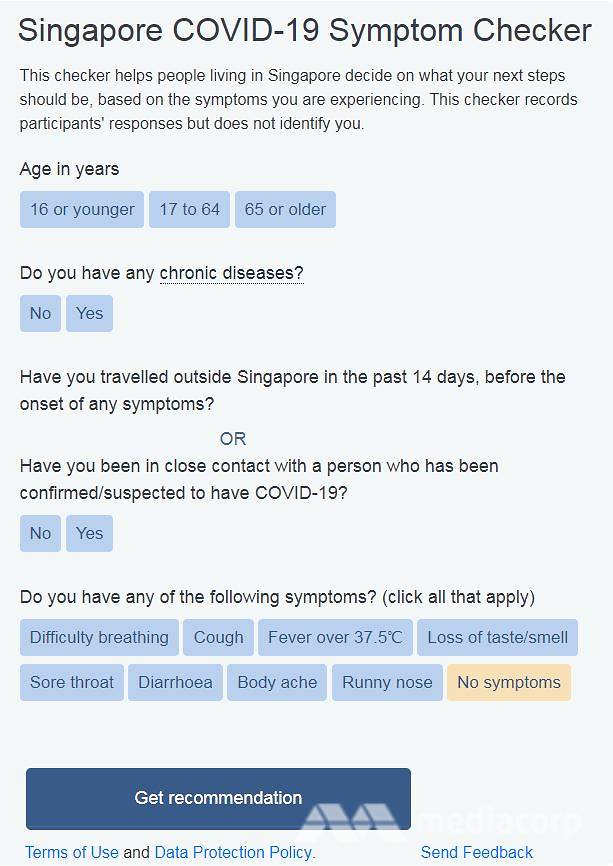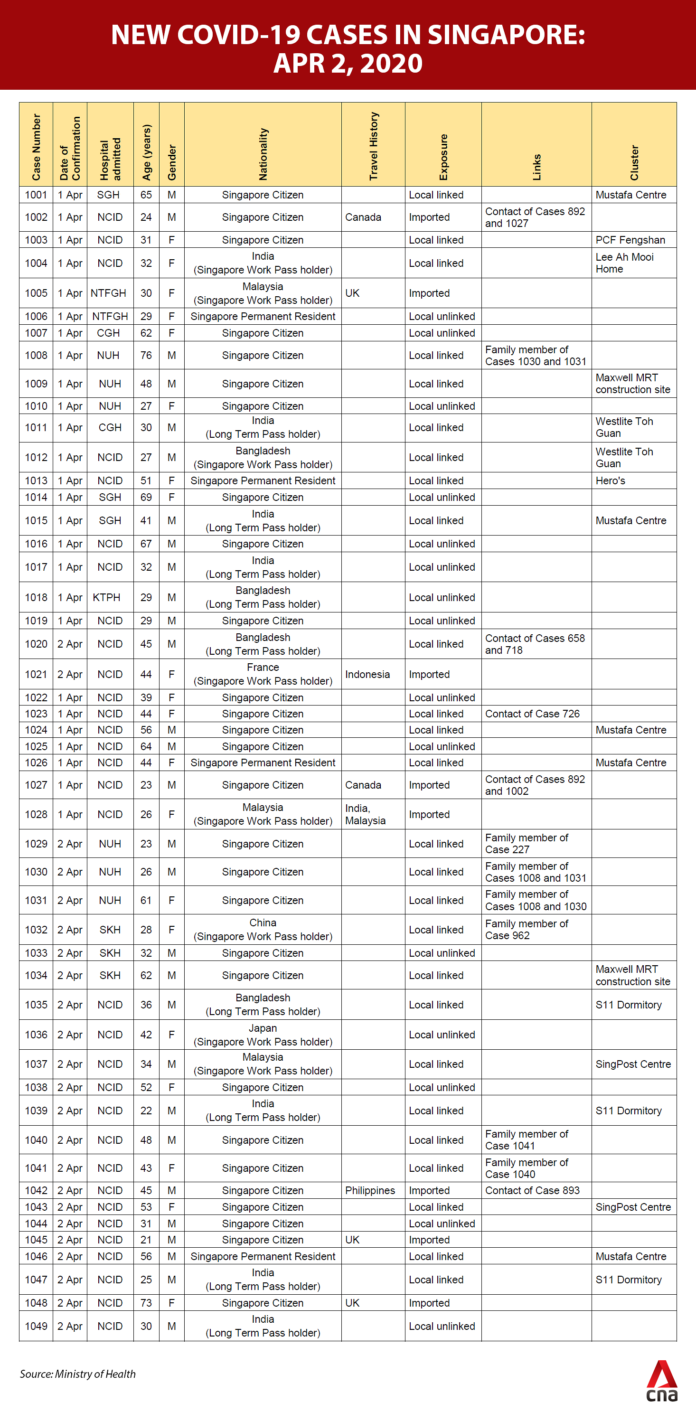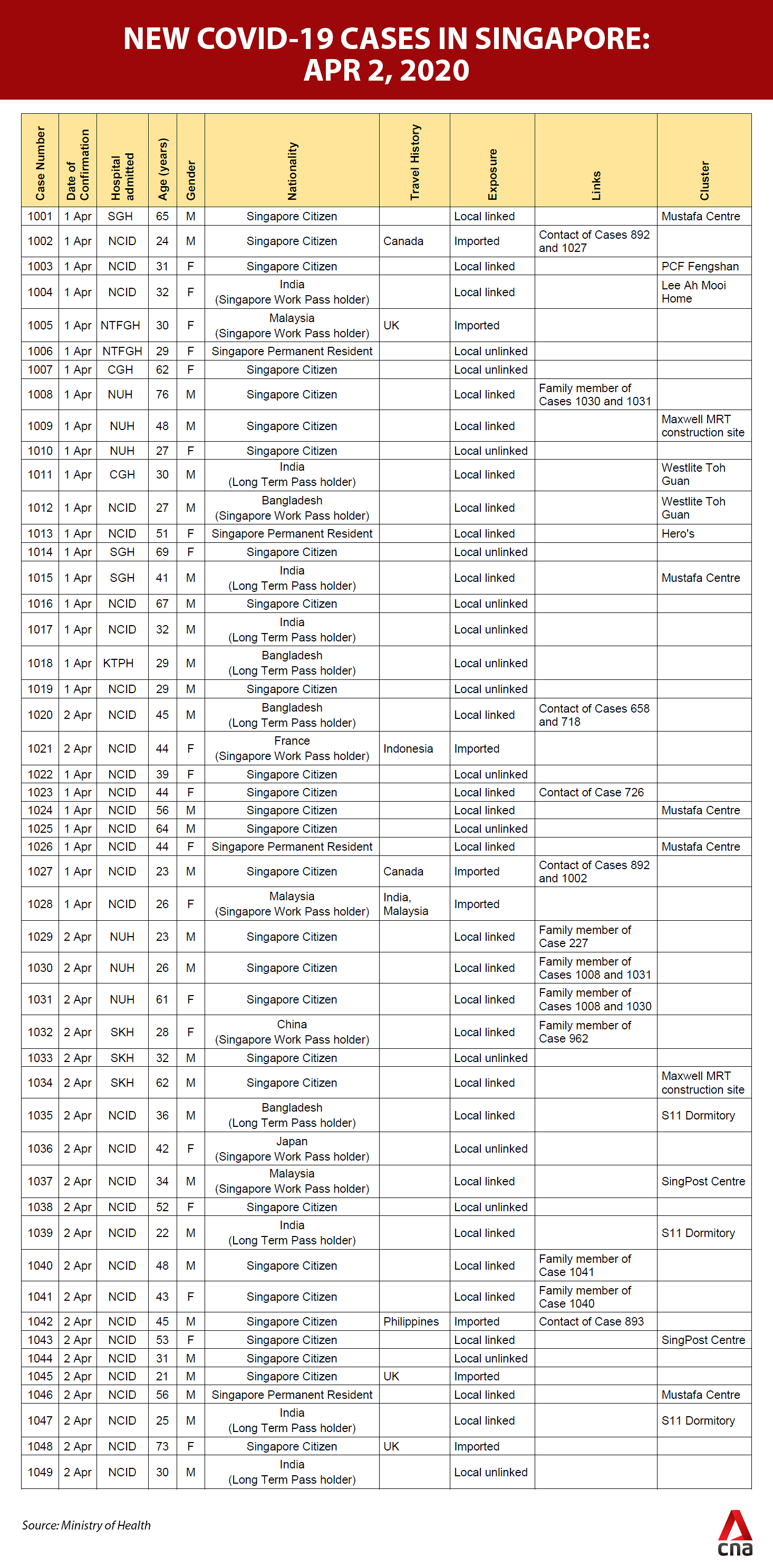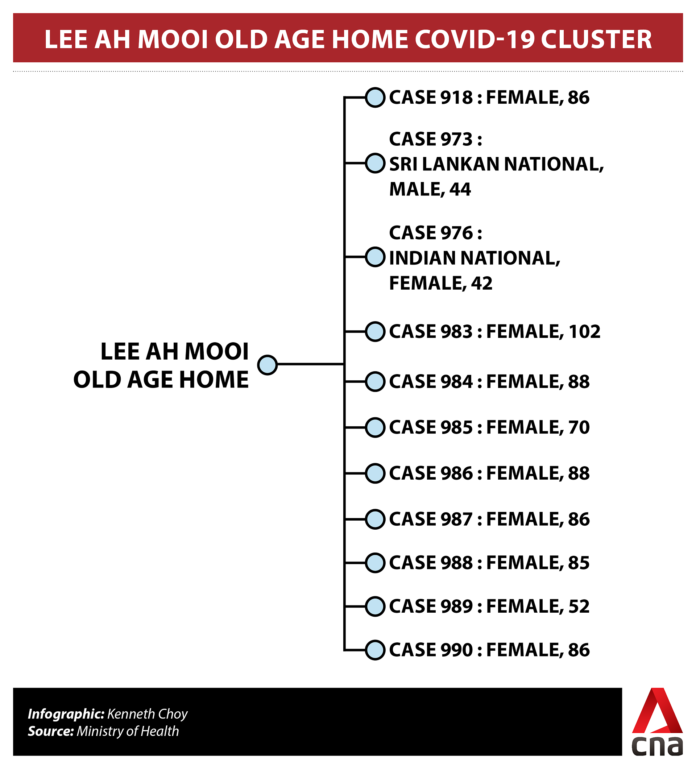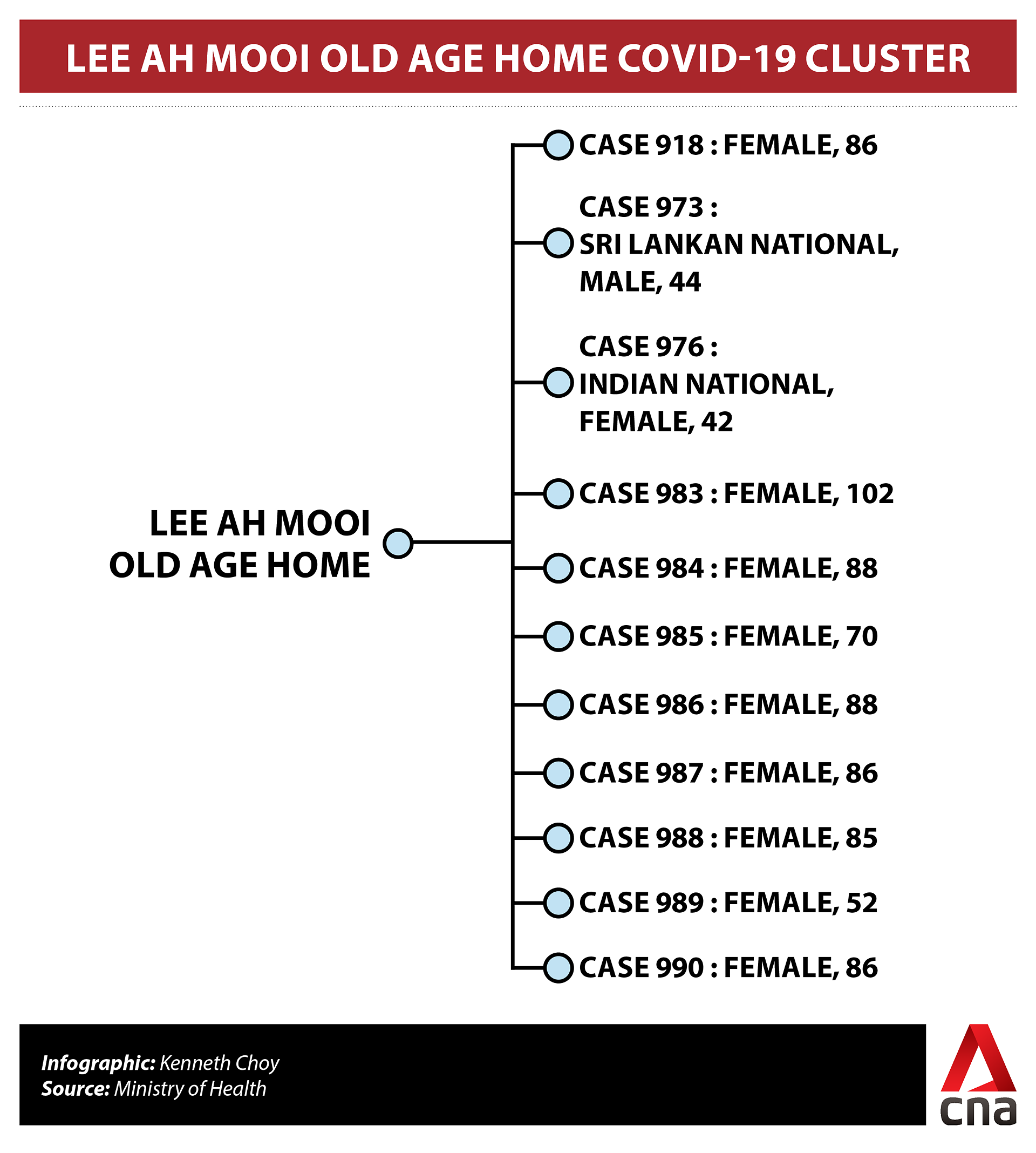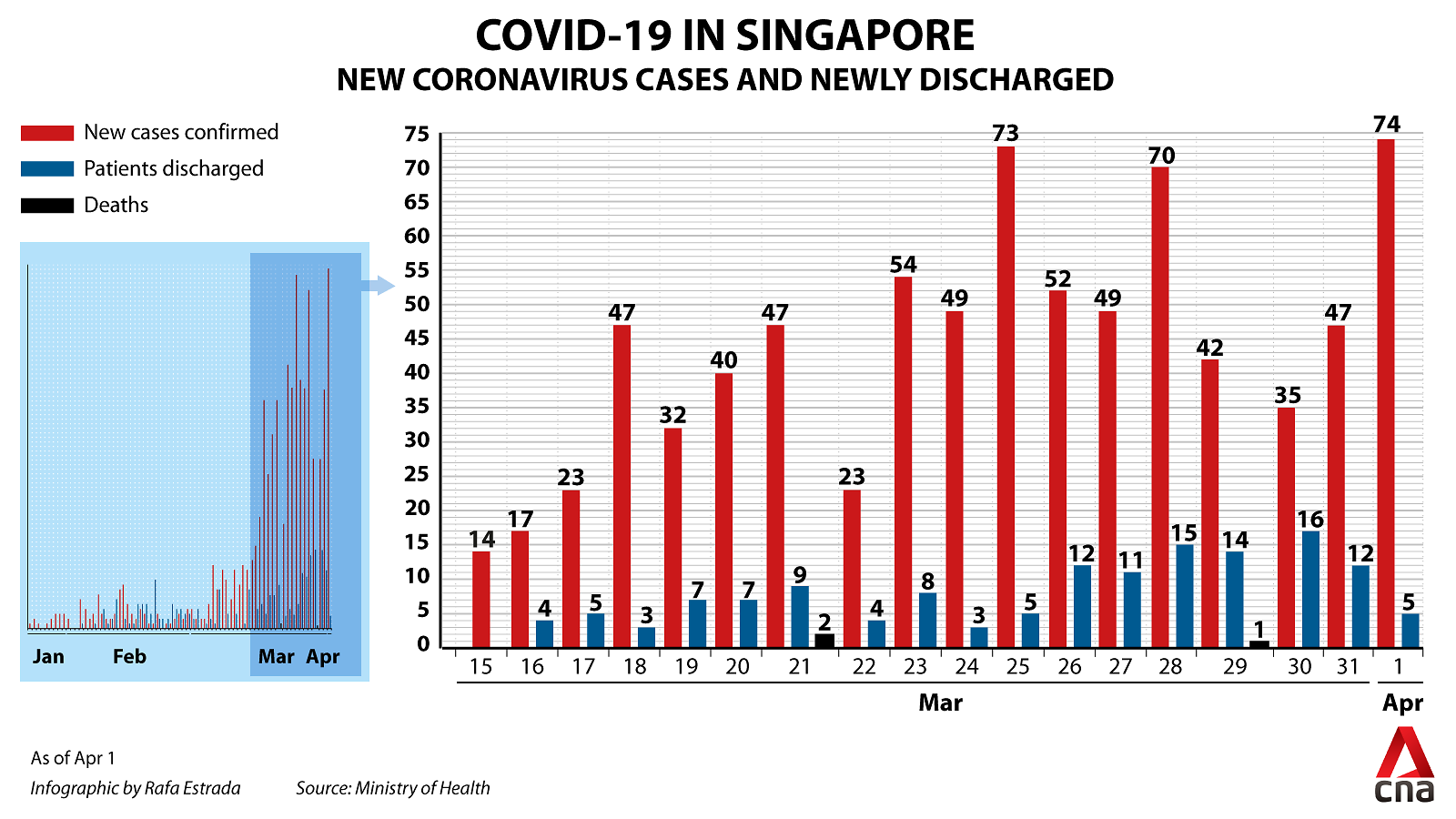SINGAPORE: The Government strengthened its measures against COVID-19 on Friday (Apr 3) amid concerns of escalating infections, including closing all workplaces for a month except for those offering essential services, including the sale of health and food items.
The following are operating guidelines for F&B outlets, food retailers and food suppliers in Singapore from Apr 7 to May 4:
FOOD AND BEVERAGE OUTLETS
F&B outlets including restaurants, hawker centres, coffee shops and food courts will be allowed to remain open. However, they are required to adhere to safe distancing measures such as ensuring that patrons are standing or seated 1m apart from each other.
Customers are no longer allowed to dine at these places. They can only order their food for takeaway, to be eaten at home. They may also opt to order food to be delivered to their homes, including via third-party delivery platforms.
READ: 65 new COVID-19 cases in Singapore, including 17 unlinked cases
READ: PM Lee addresses the nation on COVID-19 situation: In a glance
At a press conference held by the multi-ministry COVID-19 task force on Friday, Minister for Trade and Industry Chan Chun Sing asked that Singaporeans bring their own clean containers to dabao food “to help our food establishments conserve their packaging materials … to be more environmentally sustainable”.
In a separate press release, the Ministry for Trade and Industry added that customers who enter restaurants to order takeaway food should not consume any food or drinks on the restaurant premises.
READ: Singapore makes “decisive move” to close most workplaces and impose full home-based learning, says PM Lee
READ: Essential businesses will stay open even as most workplaces are to close from next Tuesday
The National Environment Agency (NEA) also issued a media release on Friday evening, reiterating that “there should be no consumption of food or drinks at the dining areas within the hawker centres during this period”.
“When taking-out, patrons are encouraged to bring your own container to reduce the use of disposable packaging and adopt a more sustainable lifestyle.
READ: COVID-19: SAF defers all in-camp training, IPPT for NSmen until May 4; some servicemen to work from home
READ: ‘Very worrying trends’ meant that Singapore could not afford to wait any longer before making ‘pre-emptive’ move: Lawrence Wong
“When queuing at the stalls or waiting for their takeaway orders, patrons and visitors should maintain a 1m separation from any persons in the hawker centre, and follow floor queue markings in front of the hawker stalls where available,” said NEA.
There will be notices put up at the hawker centres to guide patrons on these restrictions, said the agency, adding that SG Clean ambassadors and volunteers will also be deployed.
FOOD SUPPLIERS
Food suppliers include production facilities making food and ingredients, manufacturing facilities, food processing companies, abattoirs or slaughterhouses, caterers, importers and traders, as well as food logistics venues such as cold stores and warehouses.
Such businesses may remain open during this period.
FOOD RETAIL
Convenience stores, supermarkets, grocery and fruit stores, as well as wet and wholesale markets, will also be allowed to remain open.
Minister for Trade and Industry Chan Chun Sing stressed during the press conference that there was no need for people to rush to the supermarkets to stock up.
READ: In full: PM Lee’s address on enhanced measures to deal with COVID-19 situation in Singapore
READ: ‘Right time’ to close schools now, says Education Minister Ong Ye Kung
“Our supply lines and our supply chains are intact at this moment and will continue to function smoothly. There is no need to rush to the supermarkets to stock up as this will only cause disruption to our logistics system,” said Mr Chan.
“We can continue to purchase our essentials and groceries as usual during this period. The supermarkets will continue to operate at their usual hours. Please purchase responsibly and consider those more vulnerable amongst us.”
People queue to pay for groceries at a supermarket in Singapore on Apr 3, 2020. (Photo: AFP/Roslan Rahman)
Earlier on Friday, FairPrice group chief executive officer Seah Kian Peng reminded shoppers that all FairPrice outlets would remain open “come what may” and urged them to remain patient.
This came as FairPrice stores reported seeing “more people at our stores and also increased buying (on Friday)”.
NEA also said members of the public should continue to purchase their fresh produce, groceries and household items “in a responsible manner by purchasing only what they and their family require”.
READ: FairPrice stores will remain open “come what may”, no need to rush and buy supplies – CEO
“There is enough fresh food supply and the supermarkets also remain open during this period so there is no need to over-buy or hoard,” said the agency.
NEA also reiterated on Friday its call for members of the public to visit markets on weekdays where possible, to avoid crowds. “A weekday visit will also be more efficient and pleasant as the crowd is at least 30 per cent less than weekends. If patrons must visit markets during the weekends, they should consider going early since stalls open as early as 5am and avoid the usual peak period between 7.30am and 10am.”
READ: Government will no longer discourage people from wearing face masks, reusable masks to be distributed
READ: Most workplaces to close for one month from Apr 7 to curb spread of COVID-19
Vulnerable persons such as the elderly and children should avoid visiting the markets on weekends, it added.
Earlier this week, NEA announced it would commence a crowd management trial at the Serangoon Garden Market on Saturday, looking at how entry and exit points can be controlled. The agency will evaluate the effectiveness of the trial and monitor feedback before deciding if this trial would be extended to other markets.
BOOKMARK THIS: Our comprehensive coverage of the coronavirus outbreak and its developments
Download our app or subscribe to our Telegram channel for the latest updates on the coronavirus outbreak: https://cna.asia/telegram
